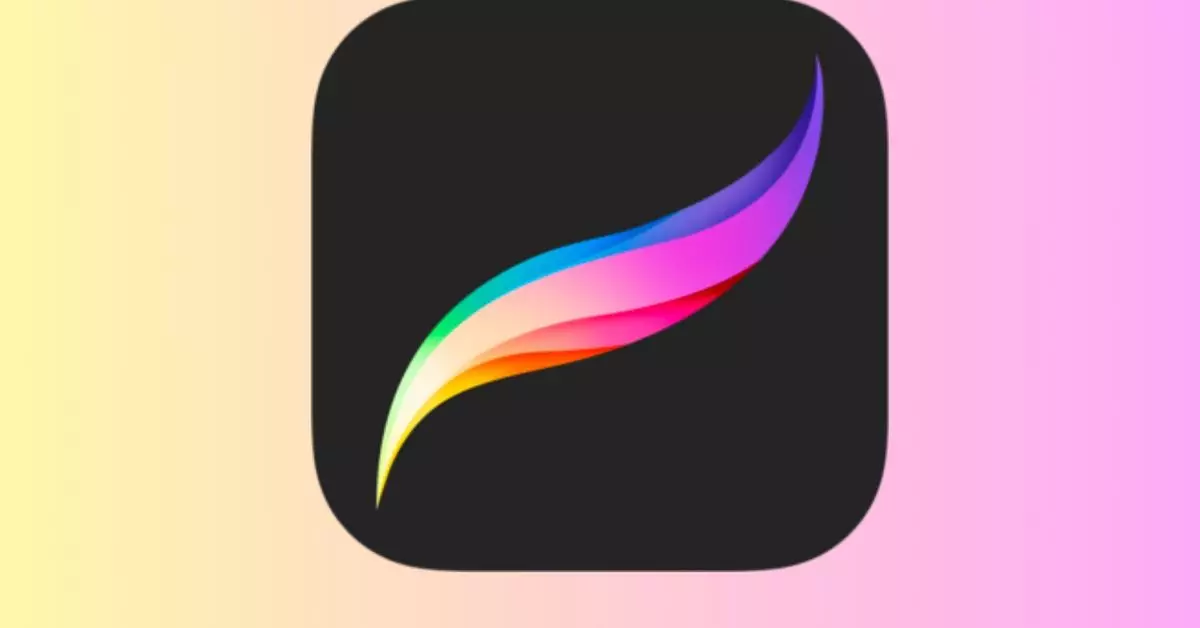In a recent announcement, Procreate CEO James Cuda made it clear that the popular iPad illustration app will not be incorporating generative AI into their products. This decision comes as a relief to many users within the creative community who have voiced their concerns about the negative impact of AI on artists. Cuda expressed his disapproval of the direction the industry is taking and the detrimental effects it is having on artists.
The creative community’s opposition to generative AI is rooted in two primary concerns. Firstly, there is a sense of unease about AI models being trained on their content without proper consent or compensation. This raises ethical questions about ownership and the fair use of artistic work. Secondly, there is a fear that the widespread adoption of generative AI technology will lead to a reduction in employment opportunities for digital illustrators. This concern has motivated some artists to explore alternatives to apps that incorporate generative AI tools, such as Adobe Photoshop.
Procreate has emphasized their commitment to maintaining the human element in creative work by refraining from integrating generative AI tools. The company acknowledges the value of machine learning technology but believes that the current trajectory of generative AI is not in alignment with their principles. Procreate’s decision to take a stand against generative AI has garnered support from creatives online who share similar frustrations with how other companies have approached the issue.
Following Procreate’s announcement, rival illustration app Clip Studio Paint decided to abandon its plans to introduce image-generation features in response to backlash from its user base. Other companies, including drawing tablet maker Wacom and Magic: The Gathering-owner Wizards of the Coast, have also faced criticism for inadvertently incorporating AI-generated assets into their products. Even Adobe, known for its attempts at ethical AI development, has received backlash for decisions that have been perceived as detrimental to independent artists.
In contrast to other companies in the industry, Procreate has maintained a positive reputation among artists. The company’s commitment to a one-time purchase model, rather than a recurring subscription like Adobe and Clip Studio Paint, has been well-received. Additionally, Procreate has expanded its offerings to include products for animation and plans to cater to desktop users in the future. This customer-centric approach has further solidified Procreate’s standing as a company that prioritizes the needs and concerns of the creative community.


Leave a Reply
You must be logged in to post a comment.